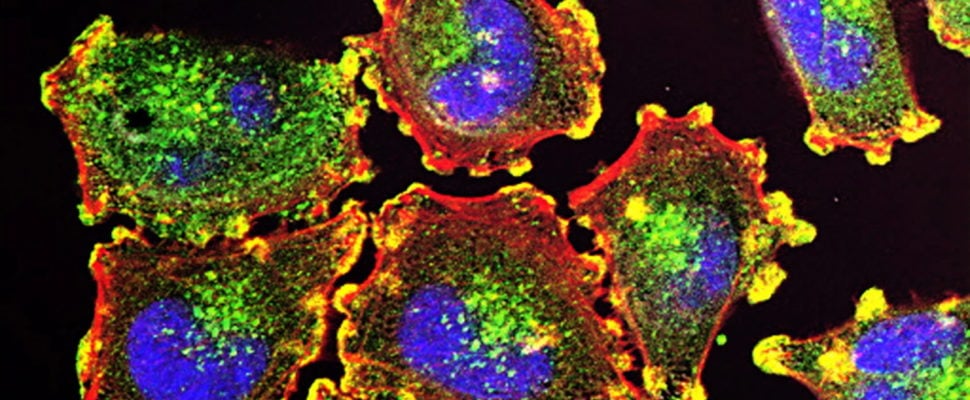The second edition of the European Cancer Forum was held in Brussels, Belgium on Tuesday, 29 January 2020. Hosted by MSD in collaboration with the European Cancer Patient Coalition (ECPC), Lung Cancer Europe (LuCE), and Digestive Cancers Europe (DiCE), the theme of this year’s event was “Towards A New Era In Cancer Care” – a fitting title as the European Commission prepares to launch “Europe’s Beating Cancer Plan” on 5 February 2020.
Whatever we do, it is always in the best interest of patients based on medical evidence and within appropriate pricing
Maggie de Block
During the forum, keynote speeches were delivered by MSD’s Deepak Khanna, SVP and regional president oncology for Europe, Middle East, Africa and Canada; Martin Seychell, deputy director-general for health and food safety at DG Sante of the European Commission; and Belgian Minister for Social Affairs and Public Health, and Asylum and Migration, Maggie De Block.
During her speech Minister De Block touched on the issue of access to innovation and addressed the topic of pharmaceutical spending in the wake of a Belgian newspaper report of rapidly increasing expenditures which bypass budgets enormously. “Innovative drugs do have a large share of healthcare expenditure, and yes, we do have to find a solution to this challenge. However, looking at the general evolution of the budget we can conclude that this figure is under control.” Citing an analysis by Bear Consulting, from 2015 to 2019, the total Belgian drug reimbursement budget rose by 6.5 percent in total, or 1.5 percent on a yearly basis – perfectly in line with the allotted growth of the healthcare budget,” she clarified.
De Block went on to highlight that one of innovative treatments in the immunotherapy field have become more accessible in recent years. “It was important to give patients access to this innovation and Belgium was the first country to make that happen. We also decided to speed up the reimbursement procedure by determining that authorization by the EMA means immediate reimbursement.” According to De Block, the results of this strategy have been overwhelming, with calculations demonstrating that fast-tracking resulted in more than 9,700 quality-adjusted life-years gained compared to the classic procedure which would have resulted in a gain of 5,900 years. “In other words, our patients live longer and have a better quality of life,” she asserted.
Aside from the discussion over access to innovative drugs, De Block also spoke about the major steps forward the Belgian government has made in the fight against cancer, mentioning the reimbursement and enhanced coordination of NGS diagnostic testing, GEP testing, better access to orphan drugs and more.
Despite the challenges of pricing, De Block reminded the attendees that appropriate steps have been taken to balance costs through a more efficient use of means with the ‘Pact for the Future’ signed with the pharmaceutical industry in 2015 as a guideline – promoting prescriptions for cheap medicines in past legislation. “Whatever we do, it is always in the best interest of patients based on medical evidence and within appropriate pricing.”
Reflecting on the efforts made by the ministry, De Block concluded that “despite the major budgetary constraints we faced, I did whatever was possible to allocate the budget as effectively as possible to ensure patients with cancer have maximum access to care. Their quality of life was a primary benchmark and will continue to be in the future.”


